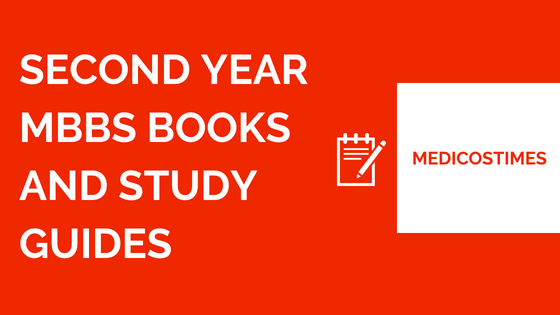Mastering Your Second Year of MBBS - A Student’s Comprehensive Guide
Taking Stock of Your Performance
The first year of medical school is behind you now. While it may not have gone as planned for some, it’s important not to dwell on past mistakes. Learn from your experiences and focus your energy on the year ahead. Take some time to honestly reflect on where you excel and where you need improvement. This self-assessment will help establish realistic and achievablegoals for your studies moving forward. Don’t be too hard on yourself - every student progresses at their own pace.

Developing Strong Study Habits
With more integration between subjects in your second year, consistency will be key. Successful students develop regular study routines comparable to daily activities like eating and prayer. Even committing to just 2 hours of focused study after class each day can make a big difference over the long run. Break big topics into smaller, more manageable chunks to feel a sense of progress. Stick to your schedule rain or shine by scheduling study sessions on your calendar. Consistency will carry you further than sporadic cramming ever could.
Prioritizing Lecture Attendance
Actively participating in lectures, even if you don’t take detailed notes, has major benefits. Listening reinforces topics when you read textbooks later. It also helps fill gaps and clarifies confusing concepts. Some lectures may cover material not found in notes or books. Don’t miss out on these valuable teaching moments, even if it means sacrificing other activities. Attendance is especially important for topics you’ll be tested on soon after, allowing time for same-day review. Make lectures a top priority in your schedule.
Mastering Pathology with Robbins
Of the three main subjects in second year, pathology requires the most in-depth understanding. Robbins Textbook of Pathology is considered the gold standard for a reason. It systematically covers topics with unmatched histopathology and gross photos, treatments, and research. Studying from Robbins with supplemental notes ensures comprehensive learning. Make it a habit to read Robbins daily, prioritizing chapters on the breast, kidney, liver, GI tract, inflammation, and immunity. Its level of detail is perfect for clinical application and board exams.
Reinforcing Pharmacology with Video Lectures
While pharmacology may seem dry, the right teaching approach can make it engaging. Videos from educators like GRG Simplified are excellent for gaining a strong foundation, especially when paired with reading. Watching GRG’s lectures alongside your textbook reading provides interactive reinforcement of concepts. Be sure to also study antimicrobial topics from alternative quality resources like KDT or Shah’s Review of Systems as these are often not covered as thoroughly in video lectures. Regularly testing your knowledge with question banks completes the learning cycle.
Cracking Microbiology with System-Based Videos
Microbiology has a reputation for being among the most challenging subjects. An integrated approach combining lectures, textbooks, and question banks is key. Dr. Sonu Pawar’s system-based microbiology videos are extremely helpful for reviewing full units or reinforcing topics after reading textbooks. They provide a clear overview to supplement dense Micro book chapters. Be sure also to read Apurba Shastri for the detail needed to excel on exams and as a clinician. Regular practice with quality question banks like those on PrepLadder helps identify and address weaknesses.
Attending Clinical Postings Daily
Nothing inspires like applying classroom knowledge to real patients. Attending daily clinics and ward rounds exposes you to diverse cases and pathological specimens. It also builds your historytaking and examination skills through observation and supervised practice. Ask questions of your professors when unsure of physical findings or a diagnosis. Don’t be afraid to respectfully point out inconsistencies in presentations. This level of interaction and feedback enhances learning. Aim to attend all possible postings while still balancing studies. Experience is the greatest teacher.
Finding a Support System
The demands of medical school can feel overwhelming alone, so connecting with peers provides solidarity and accountability. Form study groups to discuss cases, questions, and exam strategies. Upperclassmen mentors who have “been there, done that” offer valuable advice and perspective during this transition year. Reach out to approachable faculty for guidance beyond lectures; they want to see you succeed. Lastly, non-medical activities and time with family/friends provide balance on stressful days. A bit of fun relieves pressure and recharges your motivation.
Mastering Your Second Year of MBBS - A Student’s Comprehensive Guide
This concludes an overview of tips and strategies for optimizing the pivotal second year of medical studies based on a student’s experiences and feedback from top educators. Consistency, self-assessment, and an integrated approach to each subject are key to achieving academic and clinical goals. Developing efficient daily routines, leveraging various learning resources, attending all possible clinical exposures - with support from peers, mentors, and self-care - sets the stage for future success. Focus on the process of continual learning and improvement over any single result. Stay dedicated yet flexible in your journey ahead.
